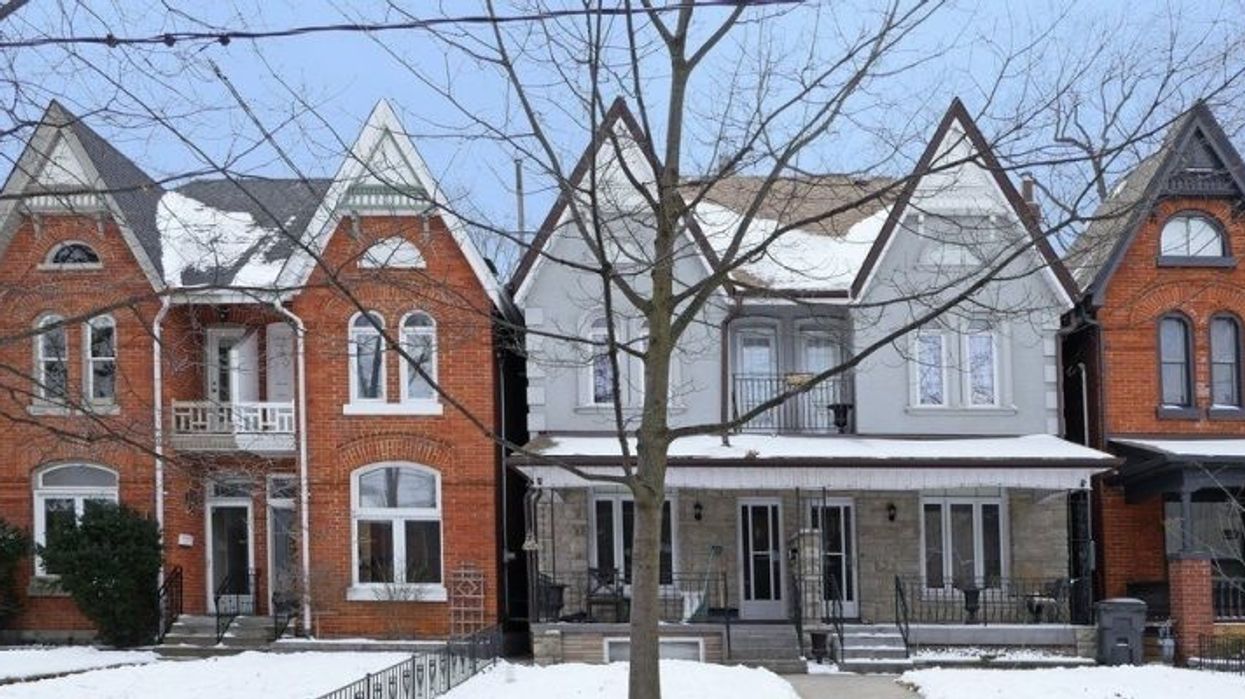The City of Toronto has decided to not increase the Municipal Land Transfer Tax (MLTT) and, instead, conduct a comprehensive study of all revenue tools and options for the City.
This comes after the Toronto Regional Real Estate Board (TRREB) raised concerns about the potential increase last week, ahead of council's final 2021 Budget meeting.
TRREB had previously expressed that a potential MLTT increase could further constrain the supply of homes for sale in Toronto, thereby exacerbating housing supply and affordability challenges, especially for those purchasing modest homes.
READ: TRREB Raising Concerns Over Potential Increase to Municipal Land Transfer Tax
“TRREB understands and appreciates the budgetary challenges faced by the City of Toronto, but addressing those challenges in a way that would have made housing even less affordable would have been the wrong path forward. In fact, it would have been a step backward," said Lisa Patel, TRREB President.
TRREB’s concerns stemmed from the potential for council to reconsider a proposal, which was initially tabled and defeated at the City’s Budget Committee, to increase the MLTT on homes priced over $2 million by an additional percentage point -- a 40% tax hike, even though inflation in Toronto was below 1% in the Toronto CMA in 2020 and will likely approach 2% in 2021.
“On first blush, it may be tempting to raise land transfer taxes on buyers of homes priced over $2 million, and we are glad that City Council instead considered the facts that TRREB presented. In particular, an average priced home in Toronto last year was almost $1 million and this typically represents a modest home by Toronto standards. The average price of a detached home in Toronto was almost $1.5 million in 2020,” added Patel.
Patel pointed out that TRREB also pointed out that any increase to the already high land transfer taxes in Toronto could discourage move-up buyers from listing their homes for sale, with many of these households choosing to renovate instead, which would mean more modest homes will not become available for those looking for more affordable options.
Currently, a buyer purchasing a home priced at $2 million in Toronto pays $36,475 in MLTT to the City and another $36,475 in provincial Land Transfer Tax to the province, for a total of $72,950 in upfront taxes.
These properties are already taxed at the highest land transfer tax level in the country at almost 4% of the property’s value, for which they get no additional city services. This sum arguably equates to a fairly large renovation expenditure, which could prompt many households to renovate their existing home rather than choosing to move and make two upfront LTT payments.
TRREB says the end result could be a further constraint on an already short supply of housing.
Instead, the board says the focus should be on helping first-time homebuyers with the MLTT rebate which has not kept pace with inflation in the housing market. Most first-time buyers now pay a MLTT which amounts to an upfront $25,000 on the average priced home, half of which goes to City Hall and the other half to the province.
“TRREB has repeatedly informed all levels of government that the cause of housing affordability challenges is an inadequate supply of housing. City Council should be doing whatever it can to increase the supply of homes for sale," said John DiMichele, TRREB CEO.
"Adding more cost to home purchases, regardless of what the home’s price point is, will tighten the housing market even more by forcing more people to be stuck in place, instead of selling what could have been an affordable option for some home buyers."
DiMichele added that council needs to "resist the temptation" of short-term gain in tax revenue, and instead, continue their proactive work on promoting the development of more missing middle housing in Toronto neighbourhoods.
The City is currently exploring a new pilot project to build mid-priced housing in low-density neighbourhoods in Toronto’s east end.
The Beaches-East York Pilot, which was presented to Toronto’s Planning and Housing Committee last month, will review appropriate City-owned sites in Beaches-East York and will work with the community and development industry to build missing middle projects that could be used as models for missing similar projects on other sites, both publicly and privately owned, within the City.
Since the MLTT was introduced in 2008, TRREB says the average home price in the City has increased by approximately 140% while the MLTT collected by the City on the average priced home has increased by 340% -- more than double the rate of housing price inflation in the City over that period.





















